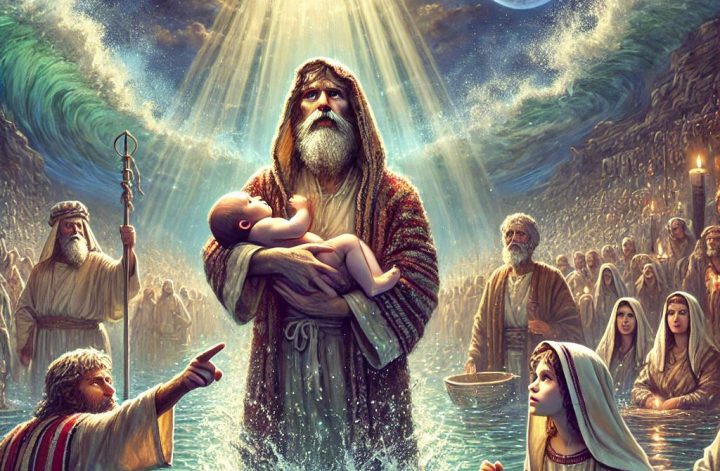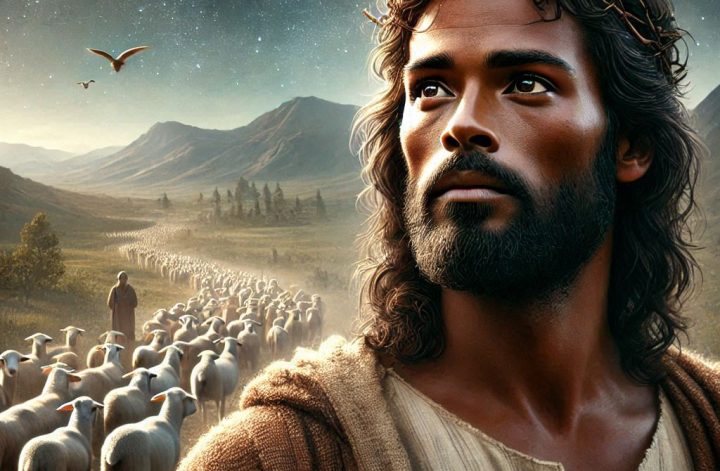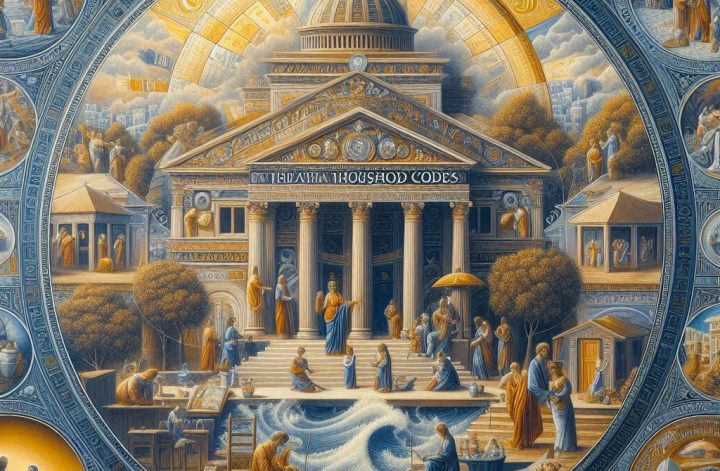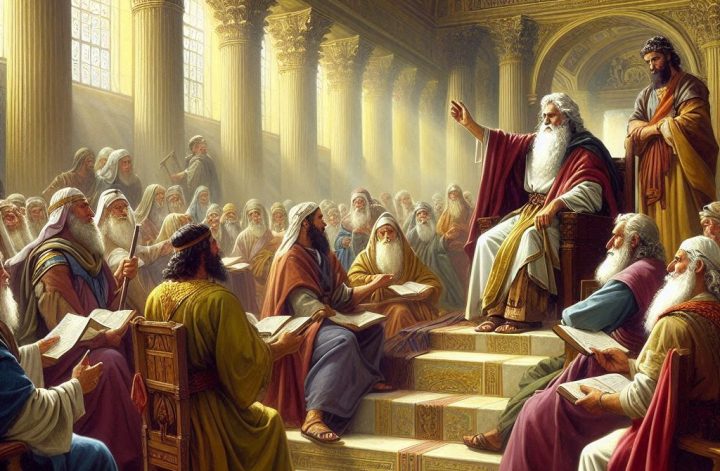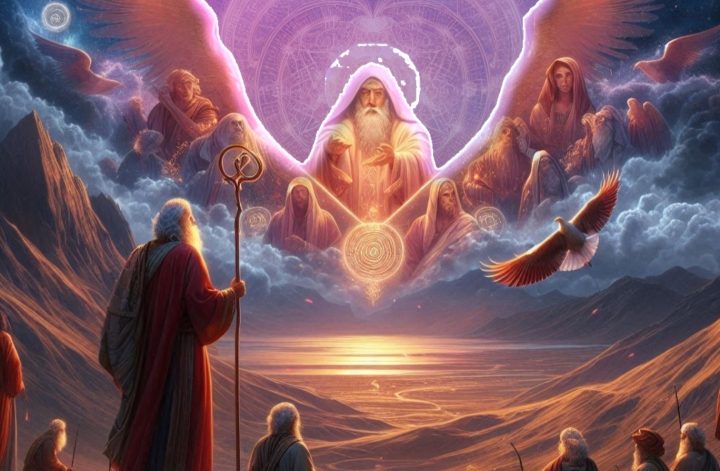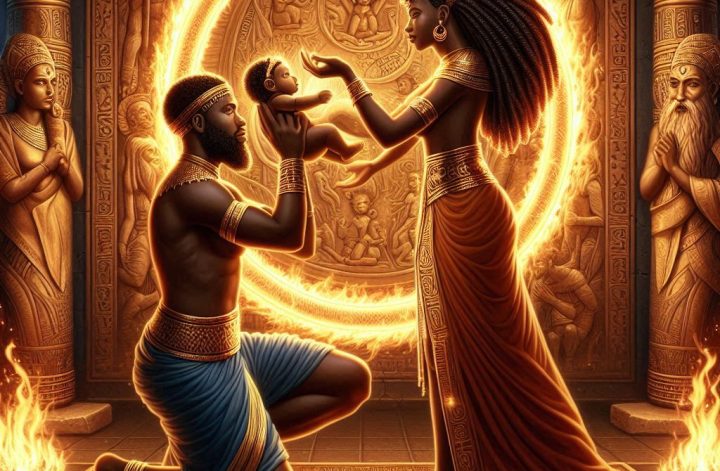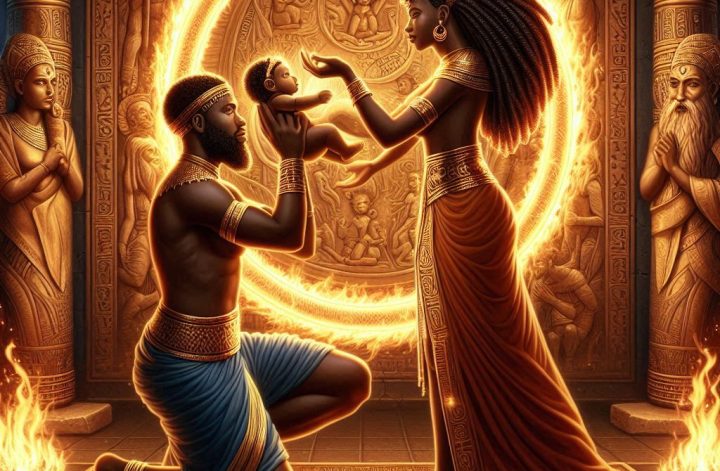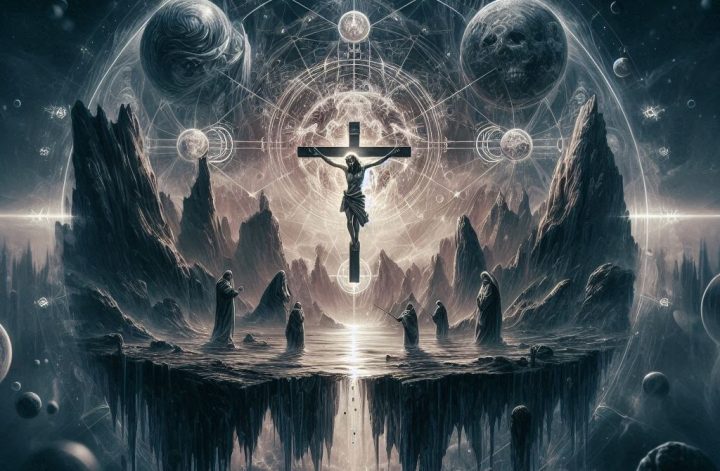The Synoptics and John
The Gospel of John is different. It is so different that it is often not considered along with the other three canonical Gospels. In scholarly circles, the term “Synoptic Gospels” excludes John, but not without good reasons. John is believed to be the last written Gospel account. Given the evidence of material dependence among the other Gospels, we may assume that John had access to the other Gospels. Yet, John did not produce a similar work as the authors of the other Gospels. Indeed, John did not seem to care as much about chronology as he did about theology. Hence, he would often move pieces of stories around as he saw fit for his purposes. For instance, whereas the Synoptic Gospels (Matthew, Mark, and Luke) focus on Jesus’ ministry near Galilee with one recorded trip to Jerusalem towards the end of his earthly ministry, John records Jesus’ multiple trips to Jerusalem. Indeed, the Synoptic Gospels have Jesus clearing the Jerusalem temple towards the end of his ministry, while John brings the event forward in telling Jesus’ story. Besides, John omits many of the parables, instances of exorcism, and even the famous Sermon on the Mount while including unique materials like the resurrection of Lazarus in his account. So, if the authors of the Synoptics were interested in historical writings, John was interested in theological writing instead.

